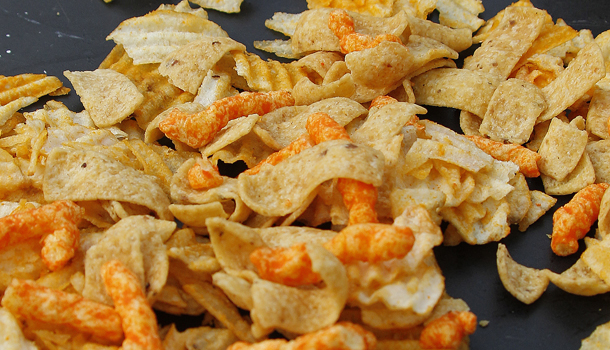
CHICAGO — American children eat as much salt as adults — about 1,000 milligrams too much, or the same amount as in just one Big Mac. Extra salt is linked with higher blood pressure, even in kids, but government research says those who are overweight and obese may be most vulnerable to its effects.
The new findings from the Centers for Disease Control and Prevention were published online Monday in the journal Pediatrics.
Previous research has shown similar results in adults but studies on salt, weight and blood pressure are scarce in children.
The CDC researchers looked at data on 6,200 kids aged 8 to 18 involved in 2003-08 national health surveys. The children were asked twice over several days to detail all foods they’d eaten the previous day; the researchers calculated salt intake from their answers.
Overall, 15 percent had either high blood pressure or slightly elevated blood pressure called prehypertension.
Those who ate the most salt faced double the risk of having elevated blood pressure, compared with those who ate few salty foods. But among overweight or obese kids, the risk was more than triple.
The recommended daily salt or sodium intake for kids and adults is no more than 1 teaspoon daily, or about 2,300 milligrams. On average, study kids ate 3,300 milligrams daily.
CDC researcher Quanhe (SHWAH’-nuh) Yang says it’s unclear why heavier kids would be more sensitive to saltbut it could be due to obesity-related hormone changes. The results raise concerns because studies have shown that elevated blood pressure in childhood, even just prehypertension, can lead to full-fledged high blood pressure in adulthood and potentially premature heart disease.
Prehypertension and high blood pressure in children younger than 17 depend on age, height and gender.
In those 18 and up, readings between 120 over 80 and 140 over 90 are prehypertension; 140 over 90 and higher is high blood pressure.
— Associated Press


